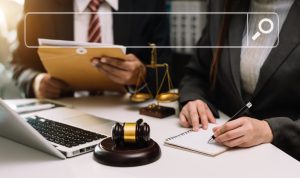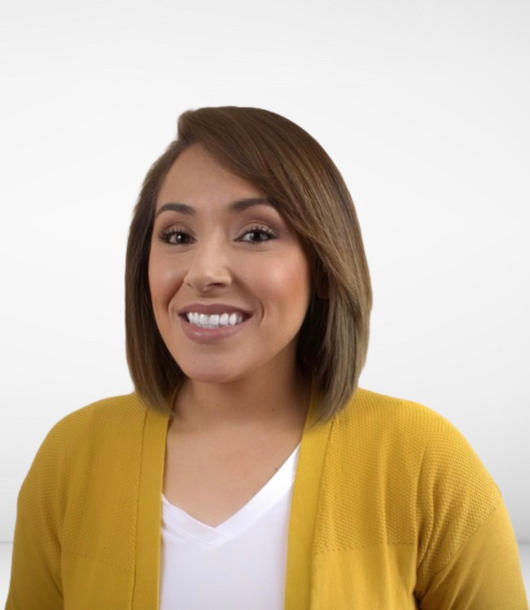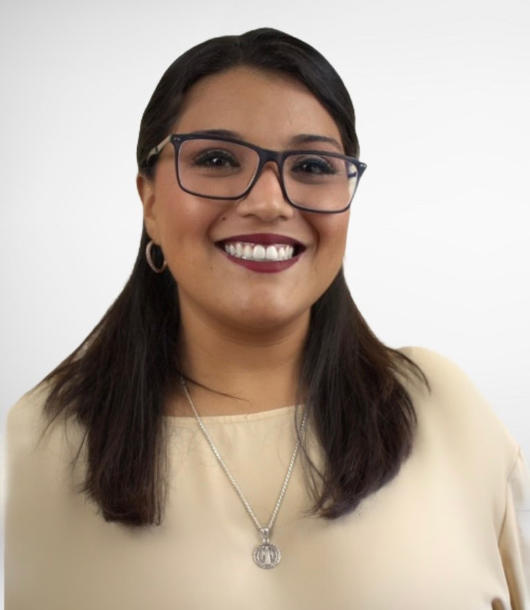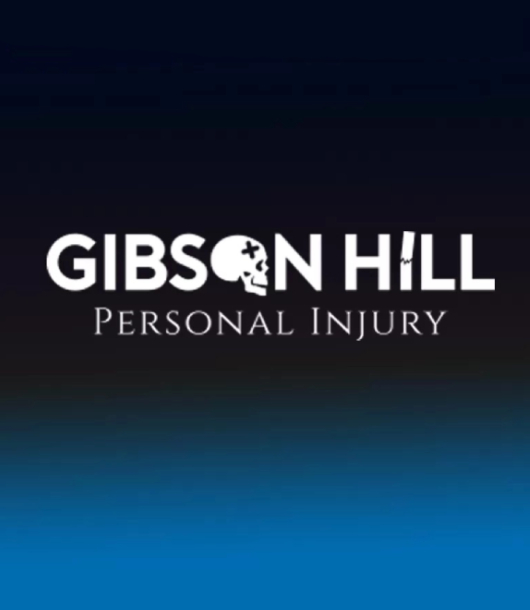 Checking our social media feeds has become nearly as important as checking our email. When anything happens, good or bad, we quickly post to Facebook, Snapchat, or Twitter. Oftentimes with a picture to tell everyone what we’ve been up to. It’s almost expected. When someone doesn’t post regularly, their friends wonder if they’re okay.
Checking our social media feeds has become nearly as important as checking our email. When anything happens, good or bad, we quickly post to Facebook, Snapchat, or Twitter. Oftentimes with a picture to tell everyone what we’ve been up to. It’s almost expected. When someone doesn’t post regularly, their friends wonder if they’re okay.
You must curb your social media use if you’ve been in an accident. You want everyone to know what’s going on. But social media accounts can sink your case if you’re not careful where and how you post.
You Know We Can See You, Right?
Many people don’t realize how public their social media accounts are. Even when your settings are all “private,” friends of friends may still be able to access your page unless you have other restrictions. If you post on a community page, such as your church or a local group, those posts are part of that community page, and anyone can see them.
This becomes important after an accident because the insurance companies or their attorneys may be looking at you. In most cases, insurers will not be spying on you. Still, in contested cases, they will scrutinize everything you’ve been doing to see if there’s information in your social media accounts they can use to deny your claim. And if the case goes to trial, they may be looking for other things.
You must also be careful about what you say to insurance adjustors that do contact you. Everything you say can be used to diminish or deny your claim.
In 2009, a woman in Canada lost her health insurance when her employer saw her picture on Facebook. Nathalie Blanchard had been battling major depression for over a year, and her doctor had instructed her to spend time with family and friends. Seeing her smiling in a photo on Facebook, her employer and their insurance company decided she must be faking her illness and ordered her back to work.
Private Does Not Mean Private Anymore
 Like everything else in America, social media is covered by the “expectation of privacy” granted in the Fourth Amendment. This means you have a reasonable expectation of privacy in certain areas. Nobody is legally allowed to pry into those areas.
Like everything else in America, social media is covered by the “expectation of privacy” granted in the Fourth Amendment. This means you have a reasonable expectation of privacy in certain areas. Nobody is legally allowed to pry into those areas.
Any area where a third party can see, hear, or access your information without doing something illegal is not private. For instance, your house is private. But leaving your curtains open so anyone can see into your living room isn’t private anymore. Talking on your phone is private. However, discussions with the speaker in the middle of the grocery store are not private.
Facebook and other social media are not private. By the nature of the media, they are intended to be seen by multiple people, not by only one person, so anything you post is there for anyone to see. Your employer, the other party’s attorneys, the insurance companies, and anyone else can see what you post, so try not to post anything until your claim is resolved.
If you have suffered injuries or property damage in an accident that was not your fault and you are thinking about pursuing a personal injury case, contact a Texas personal injury attorney from Gibson Hill Personal Injury for advice on how to proceed.
Call us at 713-659-4000 or reach out online for a free, confidential consultation.
This Will Go on Your Permanent Record
Social media is forever, as more than one college student has learned. If you use Facebook to keep in touch with far-off friends and relatives, ensure that all your privacy settings are set as high as possible, and keep your comments and photos as innocuous as possible.
While your case is pending, which may take several years, keep your permissions set to approval only, and don’t allow anyone to tag your pictures without your consent. This prevents people from posting old photos of you that could give insurance investigators a reason to deny your claim. Keep all comments on group and community pages to a minimum.
Leave Things as You Found Them
Once a lawsuit or other legal action has begun, you must resist the temptation to hide anything that looks bad. In legal terms, this is called “spoliation.” Destruction of evidence is not a crime unless you have received an official notice of spoliation, but scurrying off to scrub your Facebook page looks bad. Just leave everything alone. It probably isn’t as bad as you think.
Tell your attorney if you have pictures you think should not be seen. They should be safe enough if you’ve already locked down your page’s privacy settings. Your attorney will know how to handle things if they really need to be removed or explained.
How We Can Help
Social media is a new wrinkle in personal injury law, but it is easy for a professional to handle. If you’ve been injured in an accident due to another person’s carelessness or negligence and aren’t sure what to do next, contact the Houston personal injury lawyers of Gibson Hill Personal Injury.
Our experienced team of personal injury lawyers is committed to helping our clients defend their rights and receive the compensation they deserve.
Call us at 713-659-4000 or contact us online to set up a free, confidential consultation. We can explain how best to proceed and what to do with your Facebook friends until your case is resolved.
Related Posts
What Not to Say to a Truck Driver After an Accident in Texas
Four Things You Should Never Say After a Car Crash




